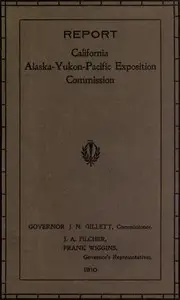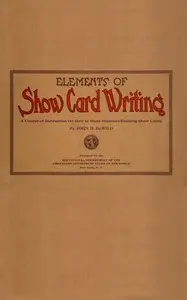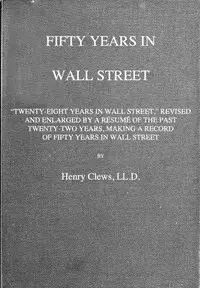"Principles of Mining: Valuation, Organization and Administration" by Herbert Hoover is a comprehensive guide crafted in the early 1900s, offering detailed insights into the mining of resources like copper, gold, lead, silver, tin, and zinc. Based on university lectures, the publication grapples with the speculative and complicated character of pinpointing the true worth of mining lands. It stresses the crucial roles that skilled management and solid geological evidence play when judging a mine’s value. The book starts by diving into how to value mines, carefully explaining ways to figure out metal content through the use of strategic sampling and testing methods. This provides a basis as the author explores the many tricky parts of starting and sustaining a mine.

Principles of Mining: Valuation, Organization and Administration
By Herbert Hoover
Discover the secrets to unlocking the worth of the earth's hidden treasures, from valuing mineral deposits to navigating the complexities of mine management.
Summary
About the AuthorHerbert Clark Hoover was the 31st president of the United States, serving from 1929 to 1933. A wealthy mining engineer before his presidency, Hoover led the wartime Commission for Relief in Belgium and was the director of the U.S. Food Administration, followed by post-war relief of Europe. A member of the Republican Party, he served as the U.S. Secretary of Commerce from 1921 to 1928 before being elected president in 1928. His presidency was dominated by the Great Depression, and his policies and methods to combat it were seen as lackluster. Amid his unpopularity, he decisively lost reelection to Franklin D. Roosevelt in 1932.
Herbert Clark Hoover was the 31st president of the United States, serving from 1929 to 1933. A wealthy mining engineer before his presidency, Hoover led the wartime Commission for Relief in Belgium and was the director of the U.S. Food Administration, followed by post-war relief of Europe. A member of the Republican Party, he served as the U.S. Secretary of Commerce from 1921 to 1928 before being elected president in 1928. His presidency was dominated by the Great Depression, and his policies and methods to combat it were seen as lackluster. Amid his unpopularity, he decisively lost reelection to Franklin D. Roosevelt in 1932.



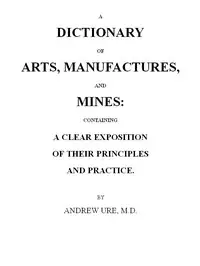
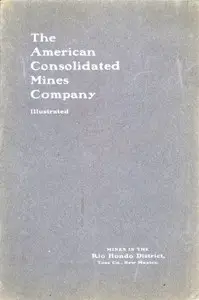


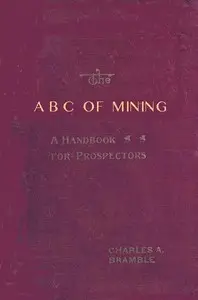


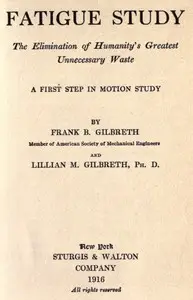

![Letters from an Old Railway Official. Second Series: [To] His Son, a General Manager by Charles De Lano Hine](https://cdn.a2-host.cloud/gbDZJK7hlGSXuxBc-HjYd88yTOJYVi9_3vJV8vcBZW8/rs:fill:215:325:0/g:ce/aHR0cHM6Ly9zcC1hc3NldHMuczMudXMtd2VzdC0wMDQuYmFja2JsYXplYjIuY29tL2Jvb2svNDU0NDQvTGV0dGVyc19mcm9tX2FuX09sZF9SYWlsd2F5X09mZmljaWFsX1NlY29uZF9TZXJpZXNfVG9fSGlzX1Nvbl9hX0dlbmVyYWxfTWFuYWdlcl9jb3Zlci5qcGc.webp)
